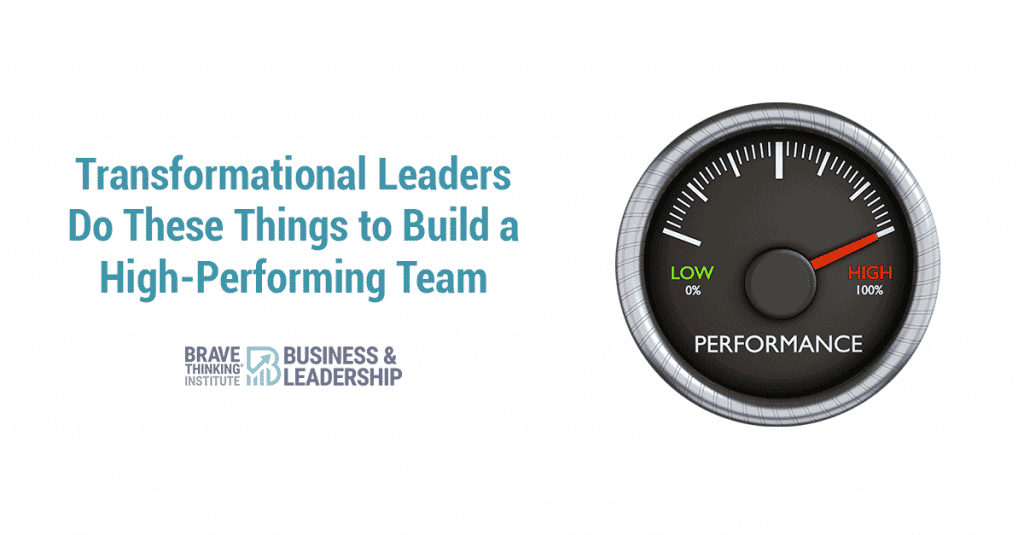Drive Great Results and Achieve Your Potential by Using the Law of Massive Motivation to Build Momentum
The seed of greatness lies with you. It lies within everyone. Yet only a small percentage of people are actually able to get this seed to sprout and produce results. The Law of Massive Motivation will help you be among this elite group.
In this series, we’re exploring the 7 Hidden Laws of Leadership, which are little-known principles that explain the success of the world’s most successful and innovative leaders and thinkers.
We have covered the first six laws so far: the Law of Essential Self, the Law of Distorted Reality, the Law of Vibrational Fit, the Law of Creative Constraint, the Law of Super Structure and the Law of Elegant Movement.
The Law of Massive Motivation says that intrinsic motivators are far more powerful than extrinsic motivators.

Simply put, motivation that comes from within you has a far greater impact than motivators that come from outside of you.
Extrinsic vs. Intrinsic Motivators
Most people choose extrinsic motivators to fire themselves up. For example, it’s common to pursue the bigger home, the fancy car, the exotic vacation, the contests and awards, beautiful clothing, meals out at exclusive restaurants, and other external trappings of success. These material rewards have their place and definitely add pleasure to life.
Intrinsic motivation is when we do things because of how they make us feel. We’re motivated by something inside of us. The behavior itself becomes the reward.
Examples of intrinsic motivation include putting in extra time at work because of a sense of duty, losing weight because you feel good, learning because you love expanding your mind, and traveling because you want to increase your understanding of the world.
The behaviors — working hard or taking a trip, for instance — can be the same. What changes is the motivation. Rather than being motivated by money or the ego boost you get from taking a fancy trip (extrinsic motivation), you’re motivated to take action based on how you feel.
The Law of Massive Motivation says that intrinsic motivation will spur us to take the actions we need to achieve our goals at a greater level.
Monkeying Around with the Law of Massive Motivation
To gain insight into why extrinsic motivation is not as powerful as intrinsic motivation, let me share a story about a research project that used Capuchin monkeys to study the idea of fairness.
The experiment involves two monkeys, each placed in a glass enclosure in sight of each other.
The monkeys have a simple job: They have to go over to one side of their enclosure, pick up a rock, and take it to a researcher. Once they hand over their rock, they receive a reward of food.
In the first phase of the experiment, the monkeys are rewarded with a piece of cucumber. The first monkey finds a rock, takes it to the researcher, and receives his piece of cucumber. He is happy.
The second monkey watches this whole process, so when it’s his turn, he knows exactly what to do. He finds a rock, walks it across the enclosure, hands it to the researcher and his reward is a piece of cucumber. He is happy.
The two monkeys watch each other take turns finding rocks and getting cucumber bits as reward.
Then the researchers shake things up.
When the first monkey brings his next rock, the researcher changes the reward to a grape. Now any researcher who works with Capuchin monkeys can tell you that their preference for food is in direct alignment with the price of food at the grocery store.
Grapes are a more expensive food, because they are a higher-quality food and full of natural sugar. To a Capuchin, a grape is a much better reward than a piece of cucumber. (I’d have to agree with the Capuchins on this!)
The first monkey is very happy with his new reward of a grape. The second monkey witnesses this exchange and runs out to find a rock. He turns the rock over to the researcher and waits for his reward … and he gets a piece of a cucumber.
This monkey is confused. He looks at that cucumber … and then sets it down. He runs to find another rock, bangs it against the wall to make sure the rock is okay, then hands it to the researcher.
The researcher hands him another piece of cucumber.
That little monkey is so frustrated. He doesn’t want a cucumber. He wants a grape, like his buddy just received. He takes that cucumber piece and throws it at the researcher.
What’s interesting here is that mere minutes earlier, the second monkey was delighted to receive a piece of cucumber. But as soon as he saw his fellow monkey receive a better reward, the cucumber was no longer good enough.
The researchers conducted this experiment to study the concept of fairness (which apparently even Capuchin monkeys can understand).
But for leaders like us, this story holds an even more powerful lesson: Why extrinsic motivators are less powerful than intrinsic motivators.
What Are Your Extrinsic Motivators?
Have you ever noticed that when you buy something new, like a car, your excitement wanes quickly?
You pick this item as your reward for a job well done and use it to motivate yourself to achieve a goal — hitting a certain revenue level, closing a big sale, finishing a project, etc. You dream about it for months, envisioning yourself driving around in that new car … and then you’re finally in a place to reward yourself by purchasing it!
It’s so fun at first. You love the new car smell, how sleek and beautiful the car looks with its fresh paint and unmarred upholstery. You enjoy driving around in it and feel so proud of yourself for having achieved its purchase.
But then, relatively quickly, the experience of owning that car becomes ordinary and normal. It no longer thrills you to see and ride in your car. Your car just turned into a “cucumber.”
The car is an extrinsic motivator. It’s a reward that comes from outside of you, and one reason extrinsic motivators aren’t as effective is that they lose their impact.
Now let me be clear. Extrinsic motivators are important. We want things like bonuses, salary increases, higher business revenue and fun rewards like sales trips. They’re good to get.
Yet there are other motivators that are more powerful — the intrinsic motivators that spring from within us.
The Power of Intrinsic Motivators
I learned the importance of intrinsic motivators early in my leadership career. I discovered that when I could really tap into an internal motivation for what I was doing, I would work harder and longer, push myself to greater levels, stretch and grow in ways that I would never do for someone else or some other reward that was outside of myself.
For example, one of my early ignited internal motivators was the desire to be a good provider and good father to my children. I was motivated to be able to take care of my family.
I wanted to know that I could protect and provide everything that they needed to live a great life from my seat on the bus. There are lots of things they have to do for themselves, but there are things for me to do.
Being a good father is absolutely a massive internal motivator for me. There are other great motivators, as well — the growth that I want to experience, the pride of a job well done, validation and recognition, the idea that what I’m doing is meaningful for others, knowing that we matter and are significant. These are examples of internal motivators.
How to Identify Your Intrinsic Motivators
The key to identifying the intrinsic motivators that will ignite your passion and motivation for a job is that they are tied to your core values.
When you clearly identify your core values, you’ll find greater ignited internal or intrinsic motivation.
So find that for yourself. Find what really lights your fire, and also find it for those that you work with. If you lead others, find it and help them achieve more of what they would truly love and watch their performance grow.
Use the Law of Massive Motivation at Work
How important do you think it is as a leader to motivate yourself and those that you work with as a leader? I think it’s critical, and I strongly encourage you to find ways to use both extrinsic and intrinsic motivators with your team.
In the work environment, extrinsic rewards remain popular – and even necessary. You can motivate your employees with pay, paid time off, health coverage and other benefits.
But over time, intrinsic rewards have grown more important. Employees want to feel that their work has meaning, that they are growing, and that they’re doing well in their roles.
You’ve probably noticed this tendency within yourself. Recognize that the people you lead have the same desires for growth, recognition and purpose. Finding ways to facilitate their exploration of the intrinsic motivators will keep them inspired and engaged in their work.
Achieving the Extraordinary Results You Picture Starts with Motivation
As a transformational leader, you’re constantly looking for ways to exceed expectations, achieve your potential and create extraordinary results.
Use the Law of Massive Motivation to expand the ways you motivate yourself and your team.
Extrinsic motivators definitely have their role. But find ways to incorporate intrinsic motivators, as well, to transform your spark of motivation into an inferno.
I’m curious – what types of motivators have you found to be most effective in your life and career? Share your thoughts below!




This is very true am very grateful for your message, I used to be motivated, working in health care, helping others, but burnout got to me, and am now not well myself. This means that I am no longer able to perform my usual role. I have studied a lot and am rewarded by the grades I got, that is self satisfying for all the effort I put in. However study is not free and degrees do cost. I had to put survival over improvement. I think you call it the hierarchy of basic needs. You have to start at the bottom again and work your way up
Thank you for a great comment, Jacqui, and for bringing up Maslow and his legacy of great works. Intrinsic motivation helps us no matter what the circumstances look like, because YOU, Jacqui, are stronger than circumstances, and more powerful than any situation, and definitely are more than those conditions you meet. You’ve got this, Jacqui!